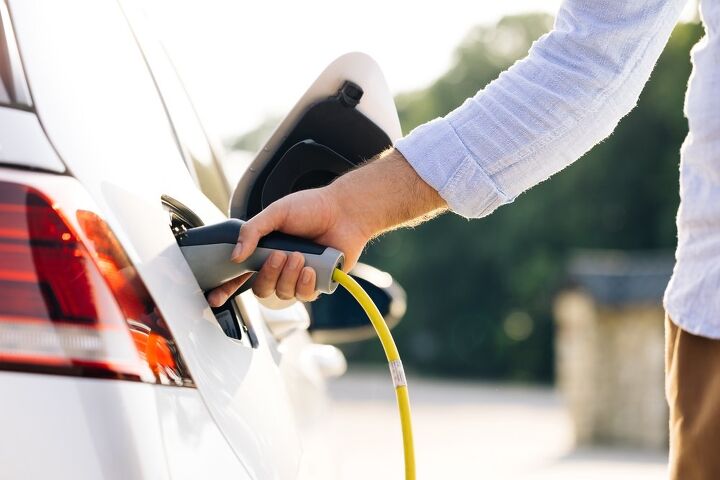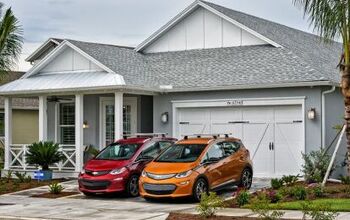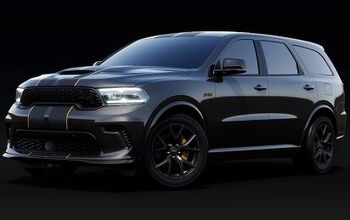Are Electric Cars Really Helping the Environment?
A recent study by the Keck School of Medicine of USC provides new insights into the potential benefits of electric vehicle (EV) adoption. The research, published in the Science of the Total Environment journal, presents the first real-world data linking EVs to reductions in air pollution and respiratory issues. This study marks a significant step in understanding the impact of electric cars on public health and the environment.
Understanding the Impact: Research Methodology
The researchers used multiple data sources to conduct their analysis. They gathered information on the total number of zero-emission vehicles (ZEVs), which include battery electric, plug-in hybrid, and hydrogen fuel cell cars, from the California Department of Motor Vehicles. The team also analyzed air pollution levels, focusing on nitrogen dioxide (NO2), and the rates of asthma-related emergency room visits across various California zip codes from 2013 to 2019.
Findings: Reduced Pollution and Health Risks
The results revealed a clear pattern: As the adoption of ZEVs increased within a zip code, there was a notable decline in local air pollution and asthma-related emergency room visits. Specifically, for every additional 20 ZEVs per 1,000 people, there was a 3.2 percent reduction in the rate of asthma-related emergency visits. Furthermore, the study showed a modest decrease in NO2 levels, a pollutant closely linked to traffic emissions.
Socioeconomic Disparities in ZEV Adoption
However, the study uncovered an adoption gap in ZEVs, with slower uptake in lower-resource areas. This gap highlights a need for policies that promote equitable access to clean transportation, particularly in communities disproportionately affected by pollution and related health issues.
Future Research and Broader Implications
While the study's findings are promising, the researchers acknowledge that more investigation is needed. Future research should explore additional pollutants, other vehicle classes, and broader environmental impacts of ZEVs, including the emissions from their production and disposal.
Conclusion
The study by the Keck School of Medicine of USC offers another case for the adoption of electric vehicles, not just for environmental reasons but also for public health benefits. It underscores the importance of considering local actions in the global fight against climate change and highlights the potential for significant health improvements through technological advancements in transportation.
This article was co-written using AI and was then heavily edited and optimized by our editorial team.
More by TTAC Staff
Latest Car Reviews
Read moreLatest Product Reviews
Read moreRecent Comments
- Lou_BC Lead sleds. Now-a-days GM would just use Bondo.
- Jrhurren This is a great series. Thanks Corey
- Tane94 Not as stylish as the Soul which it is replacing but a practical shape and bonus points for EV only.
- Ronin What is the magical white swan event in the foreseeable future that will suddenly reverse the trend?Success tends to follow success, and likewise failure. The perception, other than among true believers, is that e-cars are a lost cause. Neither government fiat, nor government bribery, nor even the promise of superior virtue among one's peers have been enough to push past the early adapter curve. Either the bust-out is right now for e-cars, or it doesn't happen. Marketing 101.Even subtle language-manipulation, such as deeming those possessing common sense as suffering from some sort of vague anxiety (eg, "range anxiety") has not been enough to induce people to care.Twenty years from now funny AI-generated comedians will make fun of the '20s, and their obsession with theose silly half-forgotten EVs. They will point out that, yes, EVs actually ran on electricity generated by such organic fuels as coal and natural gas after all, and then they will perform synthesized laughter at us.
- 3-On-The-Tree We lived in Wa and my father had a time share at whistler, last time we were there was around 98.


































Comments
Join the conversation